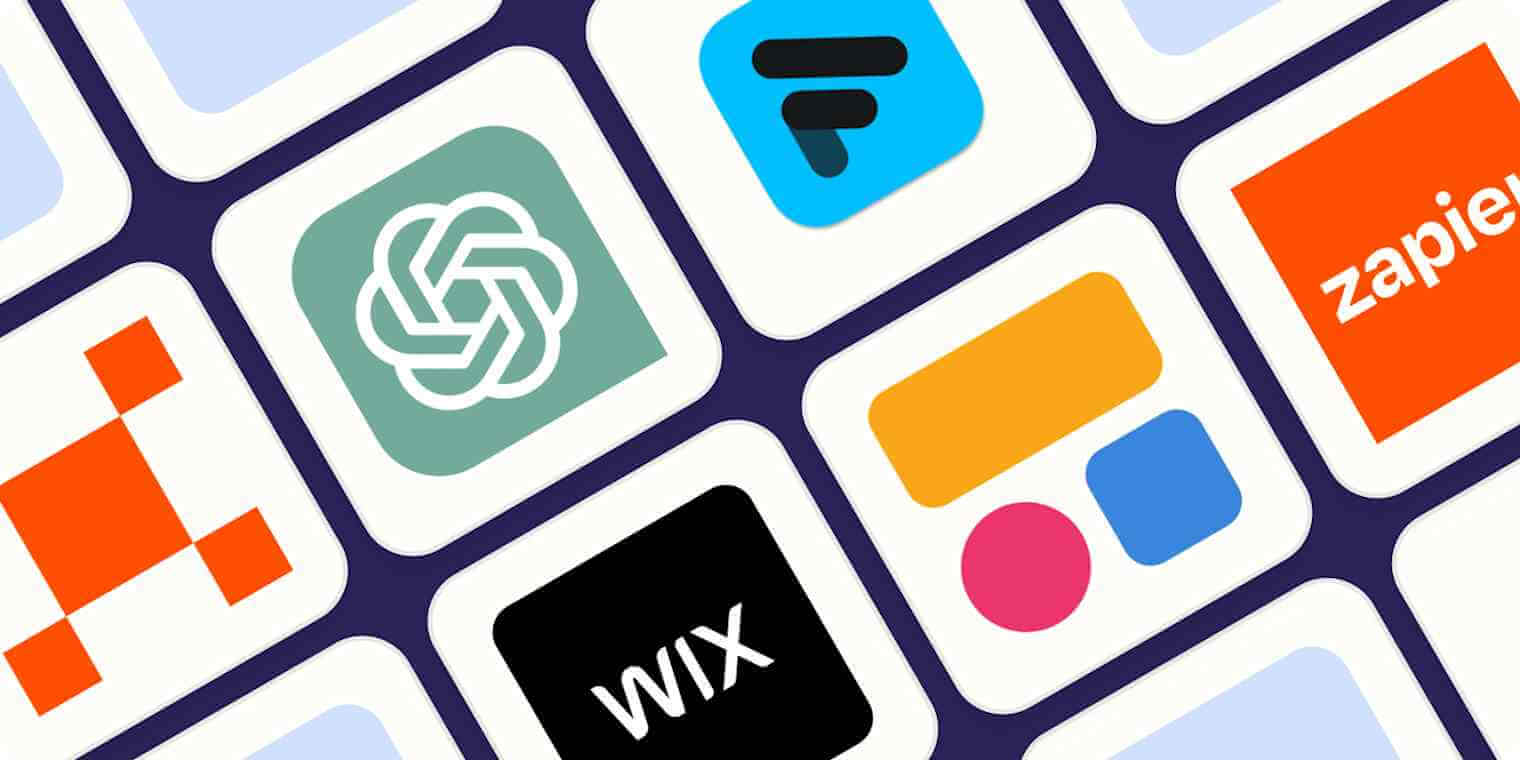The integration of Artificial Intelligence (AI) into our daily lives is rapidly transforming how we approach productivity and simplify our living spaces. In 2025, AI tools are no longer just futuristic concepts; they are tangible solutions that enhance efficiency, streamline tasks, and offer personalized experiences across various domains. From AI-powered personal assistants that manage schedules to smart home systems that anticipate our needs, AI is becoming an indispensable part of modern living.
AI-Powered Personal Assistants: Reclaiming Your Time
One of the most significant advancements is the rise of AI-driven personal assistants. These sophisticated tools tackle common challenges such as email management, task scheduling, and calendar organization, freeing up valuable time and reducing mental workload. AI assistants like Martin act as an AI chief of staff, managing emails, calendars, and tasks through natural language conversations. These assistants learn user habits, draft responses, flag important meetings, and highlight action items, adapting to individual preferences over time.
Several AI assistants stand out. ClickUp Brain combines project management, knowledge management, and chat, using AI to accelerate work. ChatGPT utilizes natural language processing for human-like interactions and can be integrated with other apps via Zapier. Microsoft Copilot seamlessly integrates with Microsoft 365, while Google Gemini handles diverse tasks using text, images, audio, video, and code. Siri simplifies everyday tasks on Apple devices through voice commands.
Furthermore, AI is enhancing emotional support. By 2025, AI assistants are expected to understand not just what you say, but how you feel, using emotion recognition to gauge emotions from tone and phrasing, adjusting their responses to provide supportive interactions.
Smart Homes: Anticipating Your Needs
AI is revolutionizing home automation, creating living spaces that are safer, greener, and more intuitively responsive. AI-powered predictive automation anticipates residents' needs, learning daily habits to adjust settings automatically. For example, smart home systems analyze temperature preferences in the evening and proactively lower the temperature accordingly. In the morning, smart lighting gradually increases brightness before the alarm, mimicking a natural sunrise.
AI also enhances home security. AI-powered security cameras use computer vision algorithms to differentiate between normal behavior and potential threats, distinguishing animals, delivery personnel, and intruders, thereby reducing false alarms. These systems analyze movement patterns, speed, time of day, lighting, and historical activity data for comprehensive threat detection.
Moreover, AI contributes to energy efficiency by optimizing energy consumption based on weather conditions and electricity rates. Solar panel-integrated grids and smart energy storage systems maximize energy independence, reducing utility bills and promoting sustainability.
AI for Content Creation and Productivity
AI is transforming content creation across various media. Synthesia generates realistic AI avatar videos from text, simplifying the production of training modules and presentations. Runway is a video creation platform that converts text and images into AI videos, with features like Motion Brush and Camera Controls for cinematic effects. Opus Clip turns long-form videos into multiple short clips with viral potential, adding animated captions and assigning a virality score.
AI writing tools such as Grammarly, Wordtune, and ProWritingAid improve grammar, punctuation, tone, and clarity, ensuring high-quality written content. Jasper is a content creation platform with templates and AI image generation, catering to users needing a high volume of content.
AI search engines like Perplexity and Google AI Overviews provide deeper search results and detailed information, powered by large language models. NotebookLM is a research tool by Google Labs that uses Gemini AI to interact with documents and data, generating overviews and custom-tailored podcasts.
Simplifying Tasks and Enhancing Creativity
AI offers numerous tools to simplify complex tasks and boost creativity. Pickaxe enables users to build apps by describing their requirements with simple prompts, writing code and debugging automatically. Tascade allows users to build custom AI agents to automate specific tasks without manual intervention. Airtable combines the simplicity of a spreadsheet with the power of a database, automating repetitive tasks and integrating with tools like Slack and Google Workspace.
For image creation, DALL-E 3, Midjourney, and Ideogram generate images from text descriptions. Canva Magic Studio provides graphic design tools, while Looka helps create logos and branding.
The Future of AI in Daily Life
As AI technology continues to evolve, its role in enhancing productivity and simplifying living will only expand. Future smart homes will use AI to anticipate needs, personalize environments based on health data and daily habits, and seamlessly manage interconnected devices. AI personal assistants will become more intuitive and integrated, providing emotional support and managing various aspects of daily life, from finances to entertainment.
In conclusion, AI tools are revolutionizing how we live and work, offering solutions that enhance efficiency, streamline tasks, and provide personalized experiences. By embracing these advancements, individuals and businesses can unlock new levels of productivity and simplify their lives in unprecedented ways.















